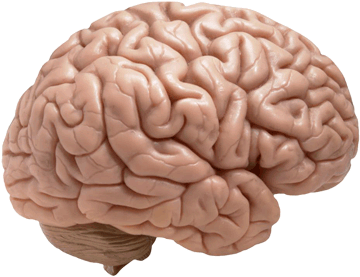The Physical Brain - Step 9 online video
The physical Brain Is the body’s most complex organ it:
- Contains 100 billion neurons.
- Weighs about 1.35 kg.
- Uses 20% of the body’s oxygen.
- Conains approximately 80% water.
- How to care for the Physical Brain
The brain is like a muscle if you don’t use it .. you lose it! Equally the more you use it the more efficient it becomes. However it needs to be cared for too.
During the 10 step Learning 4 Learning™ online program, students are given instruction on how to care for physical brain and body such that they are in top shape leading up to examinations.

A few tips:
Exercise regularly
Regardless of our speed of reading, the most core objective of reading is to gain knowledge i.e. to read and to remember what the content was. So many students can read to the end of a passage or chapter and yet have only a vague idea of what they have read. They then process to re-read to remember more and so this cuts into their precious time
Drink lots of water
Excellent readers are those who use their visual memory while reading. Simply as they read they are converting the words into a mental movie in their heads. When they put the book down they can re-run the movie and quite simply recall the exact content of the passage.
This is a skill that we can all practise. Start by reading a sentence and stopping at the end to make a metal image. Read the next sentence and do the same and repeat to the end of the passage. How clear was your memory of what you read? Once you practise this habit it will become an more automatic behaviour while reading.
Feed your brain
Cells in the brain use up to two times more energy than normal body cells. To avoid mental stress and exhaustion it is important to eat healthily throughout the day to maintain the brain’s energy level.
A growing amount of research suggests that the omega-3s are best suited for optimal brain function. Learning and memory result in new connections between nerve cells, which onctinuously refresh themselves with a new supply of fatty acids.
